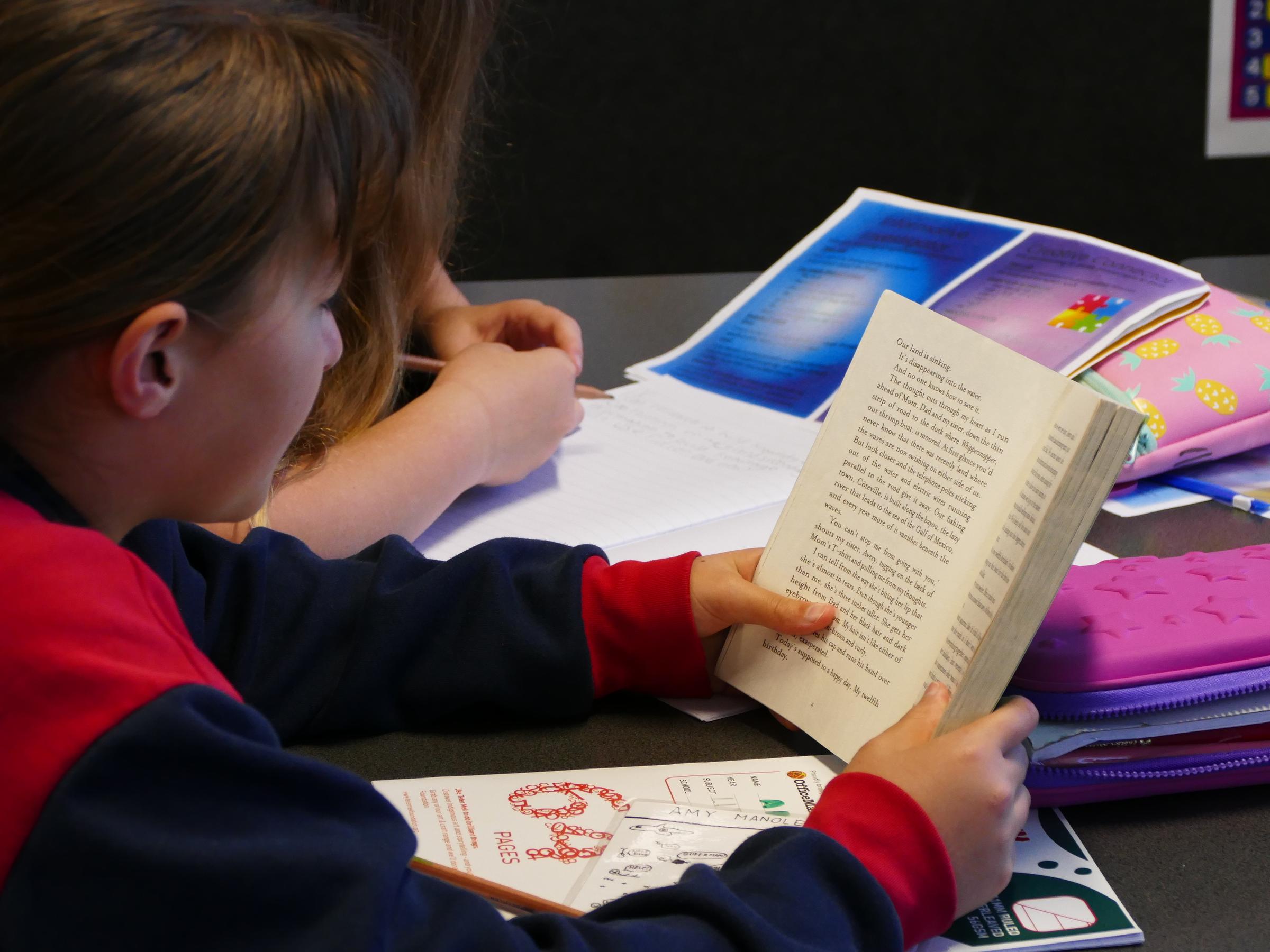Assistant Principal

Sharon Lomas
Assistant Principal
Home Learning Spotlight: Why Mastering Multiplication at Home Matters More Than Ever
In a world increasingly driven by data, tech and STEM skills, one fundamental building block still reigns supreme in early education: multiplication.
While schools continue to provide essential instruction, educators and child development experts agree that reinforcing multiplication at home can significantly boost a child’s confidence, problem-solving ability and long-term academic success.
“Multiplication is more than memorisation,” says Dr. Laila Bennett, a child education specialist. “It builds the foundation for more advanced math like division, fractions, algebra and beyond. Children who engage with it at home gain fluency and flexibility with numbers.”
Recent studies show that children who practice multiplication regularly outside the classroom perform better in math overall. They're also more likely to develop a positive attitude toward learning, especially when it's made fun through games, flashcards, and real-life applications like cooking or budgeting.
Parents play a vital role, even without formal teaching experience. Simple activities such as counting groups of toys, using multiplication apps or reciting tables during car rides can make a significant impact.
Did you know? Repeated exposure to multiplication at home helps improve working memory and logical reasoning, skills that support learning in all subjects.
Great Websites for Practising Times Tables at Home:
Topmarks – Hit the Button A fast-paced game loved by kids to practise quick recall of times tables and number bonds.
Timestables.com Free, structured online lessons and games tailored to each multiplication table.
Maths Playground Engaging math games that build multiplication fluency through puzzles and logic challenges.
As digital learning tools become more accessible, families are encouraged to allocate 10–15 minutes a day to multiplication practice. It's a small habit that can lead to big educational wins.
The bottom line is that empowering children with multiplication skills at home sets them up for success in math and life.

